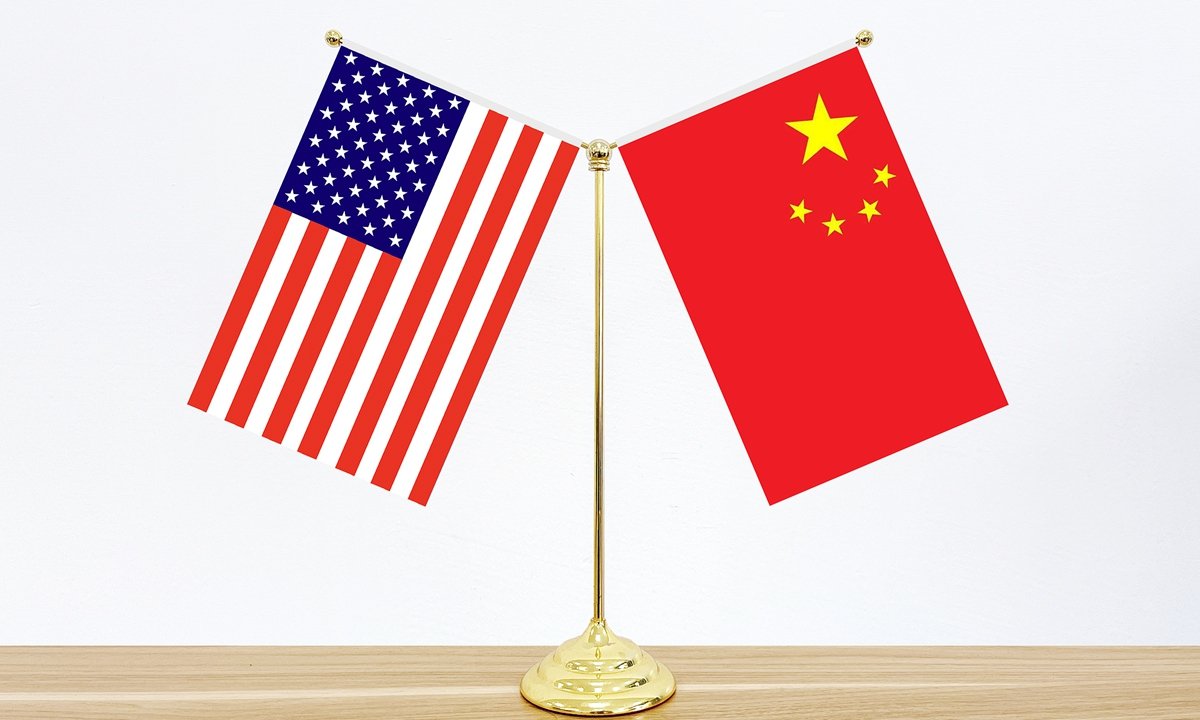Thursday, 12 February 2026
USA blocks agrifood imports from China over labour concerns
The new restrictions target a wide range of products, including tomato paste, walnuts The United States has banned imports of food, metals, and other goods from 29 additional Chinese companies,…

The new restrictions target a wide range of products, including tomato paste, walnuts
The United States has banned imports of food, metals, and other goods from 29 additional Chinese companies, including 23 in the agricultural sector that produce items such as tomato paste, walnuts, red dates, and raisins. This decision was announced by the Department of Homeland Security (DHS) and follows allegations of forced labour involving Uyghurs. It is part of the efforts led by the Forced Labor Enforcement Task Force (FLETF).
These new restrictions target a variety of products, including tomato paste, walnuts, gold, and iron ore, as part of the federal government’s initiative to prevent goods produced with forced labour from entering U.S. markets. The DHS stated that these companies have been added to the Uyghur Forced Labor Prevention Act (UFLPA) Entity List, bringing the total number of listed entities to 107.
The FLETF, which is chaired by the DHS, emphasised that these measures reinforce its commitment to eliminating forced labour from U.S. supply chains and holding companies accountable for human rights violations. Such violations include the ongoing genocide and crimes against humanity targeting Uyghurs and other religious and ethnic minorities in the Xinjiang Uyghur Autonomous Region (XUAR).
Among the listed companies is Tianjin Tianwei Food Co., Ltd., a major processor of agricultural products, particularly tomatoes. The evidence reviewed by the U.S. government suggests that this company sources tomatoes from XUAR, specifically from Bazhou, a region associated with forced labour practices.
Of the newly added companies, 23 are involved in the agricultural sector, producing and selling items like tomato paste, walnuts, red dates, and raisins. Many of these products are marketed through online wholesale platforms. The remaining companies are engaged in mining and processing metals, including copper, lithium, nickel, manganese, and gold.
According to the United Nations COMTRADE database, China’s exports to the United States in 2023 amounted to $501.22 billion. However, during the same year, China’s exports to the U.S., the EU, and ASEAN markets declined by 13.1 per cent, 10.2 per cent, and 5 per cent, respectively.
China is a significant supplier of various food items to the U.S., including apple juice, garlic, canned mandarin oranges, fish, shrimp, tilapia, cod, and processed mushrooms.
Despite ongoing tensions, China remains the world’s largest importer of food, with imports totalling $140 billion in 2023. The United States ranked as the fourth-largest supplier of consumer-oriented agricultural products to China that year, excelling in high-demand categories like beef, pistachios, almonds, and cheese. U.S. agricultural products are well-regarded in the Chinese market for their quality and competitiveness, especially in categories such as tree nuts and soup preparations.
Since the enactment of the Uyghur Forced Labor Prevention Act in December 2021, over 100 entities have been added to the UFLPA Entity List. “Forced labour is a fundamental violation of human rights,” said Alejandro N. Mayorkas, DHS Secretary.
“The Department of Homeland Security has aggressively enforced the Uyghur Forced Labor Prevention Act, preventing goods made through forced labour from entering our country, exposing bad actors, and helping American businesses avoid inadvertently profiting from this modern form of slavery. Together with our government, industry, and civil society partners, the United States is making meaningful progress in eradicating forced labour, promoting economic fairness, and safeguarding human rights.”
According to the Global Times Lin Jian, China’s Foreign Ministry spokesperson, dismissed the U.S. actions as unfounded. “The United States has fabricated false claims about Xinjiang to destabilise the region and hinder China’s development,” Lin stated. He accused the U.S. of using the sanctions to interfere in China’s internal affairs, disrupt global trade, and violate international norms.
Shraddha Warde
shraddha.warde@mmactiv.com
Technology
Barry Callebaut Opens Global Innovation Centre in Singapore
Feb 11, 2026 | Company News
Blueberries Built for Export, Consistency and Premium Programs
Feb 09, 2026 | Food
Australia Approves Commercial Release of GM Purple Tomato
Feb 06, 2026 | Australia
Food Testing
AFNOR International Eyes Global Food Safety Growth with HACCP Group Takeover
Feb 04, 2026 | Australia
Incheon National University researchers uncover hidden toxin risks during nutrient-starved algal blooms
Feb 02, 2026 | Food Safety and Testing
How audit-led approaches are reinforcing trust in retail food safety
Feb 02, 2026 | Food Safety and Testing
More Popular
Heineken Delivers Resilient 2025 Performance, Launches EverGreen 2030
Feb 12, 2026 | Beverages
Purely Elizabeth Launches Purely Glow Granola
Feb 12, 2026 | Company News
Rising Seafood Consumption Meets Limited Eco-Label Awareness
Feb 12, 2026 | Food






